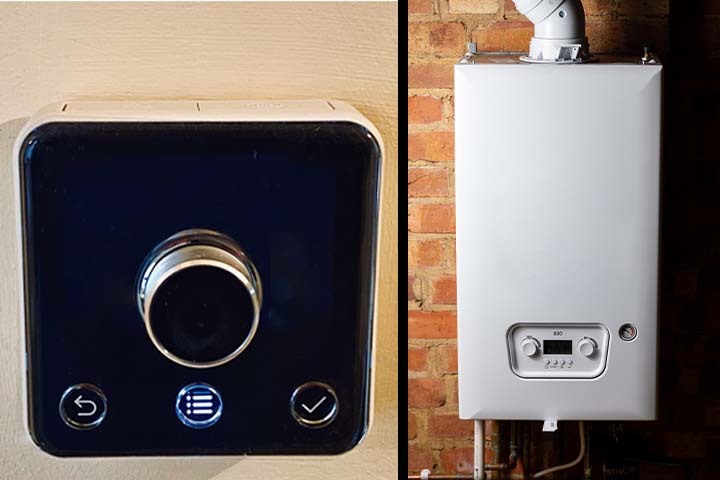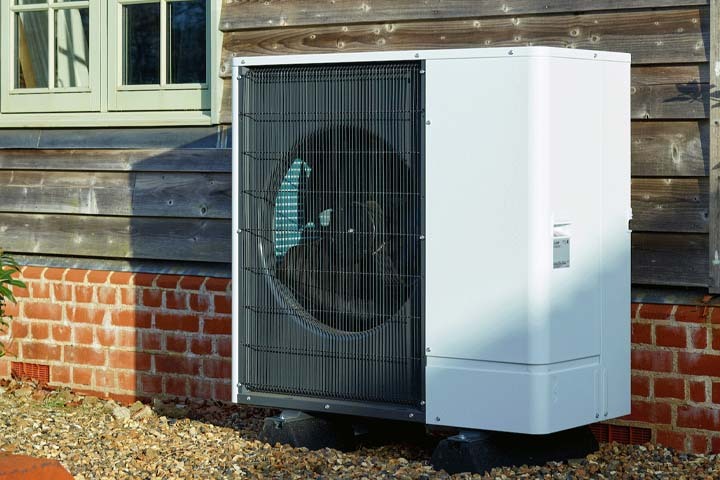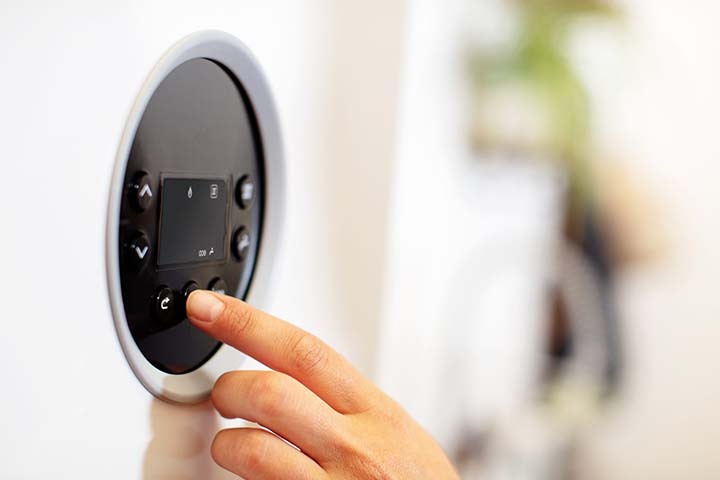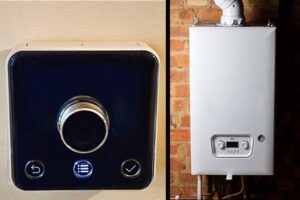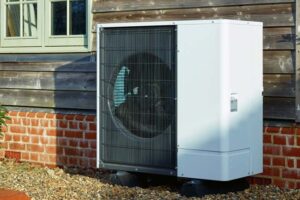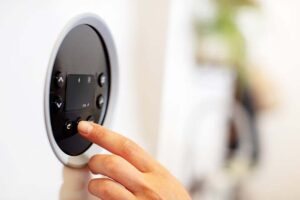Table of Contents
Cooling, heating a home every day requires a lot of energy. Now that energy costs are rising and the world is paying more attention to climate change. A lot of people are looking for ways to use less energy. Your bills will go down, and your carbon footprint will go down if your house is more energy efficient.
Increasing your home’s energy efficiency is an ideal way to reduce your carbon impact and save money. In actuality, most people could save hundreds or even thousands of Pounds a year with a few minor adjustments.
You can easily change a lot of the things you do at home to save energy. Many homes were not built or furnished with efficiency in mind.
We look at the best choices and how much they cost, from ways to save energy to ways to reduce carbon emissions.
There are some simple, free tips here. So read our top tips on how to make your home more energy efficient.
How To Save Energy At Home
There are many easy and not too expensive ways to save energy whether you live in an old house or a new one. Some of these things you can do are lower the heat by one degree, make sure there are no drafts around doors and windows, and insulate your hot water tank. Changing your habits can also help. For example, don’t use tools when you don’t need to and take shorter baths instead of longer ones.
How Energy Efficient Is My Home?
To find out how energy-efficient your home is, look at the rating on your most current Energy Performance Certificate (EPC). You can visit the government’s EPC register to verify whether you have a valid EPC or to obtain a copy instantly.
EPCs are valid for ten years, so you can get a new one if the old one has expired or your home doesn’t have one. You can get another EPC after making changes to your home to see if your work made it more energy efficient. For homeowners, your enhanced EPC rating will be a major selling feature. It can make it easier for you to get affordable green home rates during that time.
An EPC can cost between £65 to £120, depending on several factors like the size of your house. To get the best value, locate EPC assessors in your area.
Their report will also suggest changes that could help you choose which ones will make your home more energy efficient.
Here we compile some effective ways to save how to make my home more energy efficient with little effort.
How to Make Your Home More Energy Efficient for Free
Adding some energy-efficient measures can increase your home’s energy performance. You may also need to notify your home insurance company of any improvements you make that could raise the cost of rebuilding your house.

Heat Pumps
An air or ground-source heat pump is an eco-friendly way to heat your home. It will also save you money energy costs and reduces your carbon footprint. Heat pumps extract heat from the outside air. Even though they need electricity to work, the heat they give your home should be much greater than the electricity they need.
Heat pumps don’t consume fuel because they use heat that is already in the atmosphere. Thus, they don’t release any carbon dioxide.
What is the Cost of Heat Pumps?
An air-source heat pump will typically cost between £2,400 and £14,050 to purchase and install. According to the report, the average ground-source heat pump installation costs a property between £16,000 and £45,000. The cost will depend on the size of your home and energy needs.
Loft Insulation
The best place to start when you want to make your home more energy efficient is at the very top: with loft insulation. This is because it works well, doesn’t cost too much, and causes the least damage to your house. Moreover, according to Energy Saving Trust, a house without insulation loses 25% of its heat through the roof. Thus, reducing heat loss and lowering your heating costs can be accomplished by insulation in your attic, loft, or flat roof.
Mineral wool insulation rolls are usually used for this. The bottom layer is put between the joints, and another layer is put on top of the joints to cover them.
What’s the Cost of Loft Insulation?
The average cost of materials and labour for loft insulation is £500. However, a mid-terraced house costs £400, while a detached house or bungalow costs £600. For a detached house, the average savings on energy bills are £380 a year. For mid-terraces, the average savings are £150 a year, according to the Energy Saving Trust.
Cavity Wall Insulation
The walls of a house lose almost one-third of its heat, according to Energy Saving Trust. Therefore, installing cavity wall insulation can help you lose less heat via your walls. So, if you want to make your home more energy efficient and your walls are cavity-shaped, this might be something you want to look into.
Cavity walls are more common in homes that were developed after the 1920s. On the other hand, earlier buildings are more likely to have solid walls.
A cavity wall is created when two walls are constructed with a space between them. Usually, brick is used for the external wall and concrete for the interior wall.
And for cavity wall insulation, a professional company will drill holes in the outside walls and fill them with insulation. They’ll then seal the holes with cement.
How Much Does Cavity Wall Insulation Cost?
It will depend on how big your house is, how easy it is to get to the walls, the type of insulation that is used, and how much it costs. But on average, you should budget between £22 and £26 per square metre. This is based on polyurethane foam, and glass wool costs between £13 and £18 per square metre.
The typical cost of installing cavity wall insulation in a detached home is approximately £725; for a mid-terrace, the cost is approximately £370.
Get a New Boiler
Heating costs make up about 55% of your energy bills, so getting a new boiler may be the best thing you can do for your house.
Therefore, you can save almost £300 annually by switching from a D-G-rated boiler to an A-rated one.
The average cost of installing condensing boilers in 2024 is:
- Combi boilers with installation costs are 1500£-4500£.
- System boilers with installation costs are 1580£-5000£.
- Regular boilers with installation costs are 1600£-5000£.

Solar Panels
By placing solar panels on your roof, you may produce energy and stop relying on outside sources.
According to the Energy Saving Trust, solar panels can supply 40% of the energy in your house. Even selling extra energy back to the National Grid is an option.
However, these systems are not inexpensive; they can cost about £6,500. Even though they are pricey, they yield the largest long-term savings.
Certain companies will provide you with free solar panels in exchange for returning any money you make from selling the electricity. However, you want to ask your solar panel seller to confirm this.
How much does Installing Solar Panels Cost?
Installing solar panels is much less expensive than it was in the past. Installing solar panels can cost anywhere from £2,500 to £8,000, based on how many you need and how big your roof is. According to report, the first-year return on a 3.5kW solar panel installed in southern England will be approximately £3,000.
Conclusion
You can help the environment by saving money on your energy bills. Use these suggestions to overcome this question of how to make your home more energy efficient. It doesn’t matter if you start with small changes or put money into green energy sources. Any bit helps save energy.
Frequently Asked Questions
Yes. New electric heating systems can help keep home energy costs down. They have built-in smart technology, which helps cut your home’s energy costs.
A Home Energy Performance Certificate (EPC) can tell you how energy-efficient a house is before you buy or rent it.
The certificate will show how much energy the building normally uses and how much it costs. It will also include tips on how to save energy and make the home more energy efficient.
Insulation can be a very important part of making your home energy efficient. Homes with good insulation need less energy to stay warm than homes with bad insulation.
If you insulate your home well, you will need less heat. This will save you money on buying and installing new heating systems and running the house.


